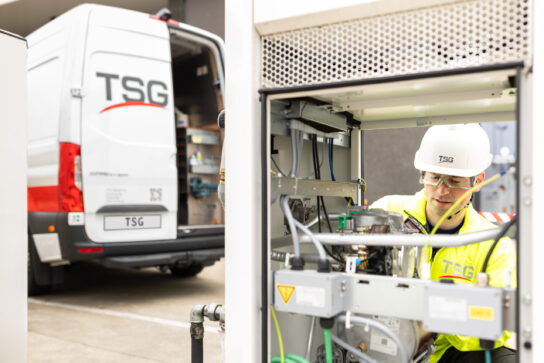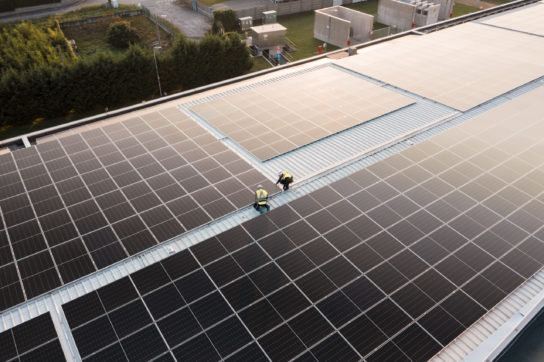
In recent times, the attention of leaders from almost every country across the globe has been focussed on the rising fear of climate change, and its devastating effect on the environment and the livelihoods of many generations to come. Climate change is already having visible effects on the world, the Earth is warming, rainfall patterns are changing, and sea levels are rising. These changes have triggered a series of extreme weather events such as; heatwaves, floods, droughts and fires.
One way in which we can all play our part in halting climate change is to alter the way we choose to travel by moving to vehicles powered by greener energy alternatives such as; electricity, liquefied natural gas (LNG), compressed natural gas (CNG) and hydrogen.
This article concentrates on hydrogen, the latest green energy to make its mark, and addresses the widely discussed issues regarding its viability, sustainability and most importantly, its safety.

To many, hydrogen is an unknown quantity; it is often referred to as an energy source of the future. However, large-scale and low-emission hydrogen production is already underway using a very natural resource – water. Electrical energy is used to break down water into its constituent elements, hydrogen and oxygen, via the process of electrolysis. If the electricity used in hydrogen production comes from renewable energy sources, such as wind or solar energy, it would have a neutral carbon footprint, which is great news for the environment. Hydrogen exists as a gas in its natural state, however, if cooled to a temperature of below -253 degrees centigrade, it liquefies. Whilst both forms of hydrogen can be used to power vehicles, it is worth noting that only gas-powered hydrogen vehicles can be found on UK roads today. The hydrogen (gas or liquid) is passed through an onboard fuel cell where it is converted into electricity, which is then stored in the vehicle’s battery.
As hydrogen fuel cell cars are driven by an electric motor, they are classified as electric vehicles (EVs). However, there is one crucial difference between hydrogen fuel cell cars and EVs – hydrogen cars are self-sufficient in the production of electricity. So, unlike in fully electric or plug-in hybrid models, the vehicle doesn’t get its power from a built-in battery which has to be charged from an external source.

Another factor that must be taken into consideration is the distance that can be achieved on one tank of hydrogen energy, which in the case of a gas-powered vehicle can be up to 350 miles. On the continent, trials of liquid hydrogen-powered, long-haul, heavy goods vehicles have begun and the results so far have been very promising. Thanks to the higher energy density of hydrogen liquid, the vehicle’s performance was virtually equal to that of a comparable conventional diesel truck, clocking up over 600 miles. To evaluate the safety of hydrogen fuel, it must be compared with its counterparts on our roads today – petrol and diesel. Unlike conventional fuels, hydrogen is not toxic and therefore a spillage will not contaminate the habitat or generate harmful air pollutants. Hydrogen is 14 times lighter than air and in the unlikely event that a leak was to occur, it would disperse rapidly, greatly reducing the risk of ignition. Exhaust emissions from fossil-fuelled vehicles are harmful to the environment and responsible for the current high carbon dioxide levels in the atmosphere, meanwhile, hydrogen vehicles produce only water.
Furthermore, hydrogen fuel cell cars are put through stringent safety tests, and the onboard carbon fibre tanks are designed to withstand extreme pressure, meaning there is no greater danger than with any other vehicle. In the event of an accident, the hydrogen system shuts down automatically to minimise risk to the driver and passengers.
Admittedly, there are few hydrogen cars to choose from at this current time and a sparse number of fill points – but this is changing and fast. Hydrogen is set to make a big impact on our roads, as we watch the inevitable demise of the widespread use of fossil fuels.
Here at TSG UK, we are taking steps to ensure we have the infrastructure in place to supply, install and maintain hydrogen pumps. We will be ready to take the next critical step to kickstart the energy transition and safeguard our world – will you?



